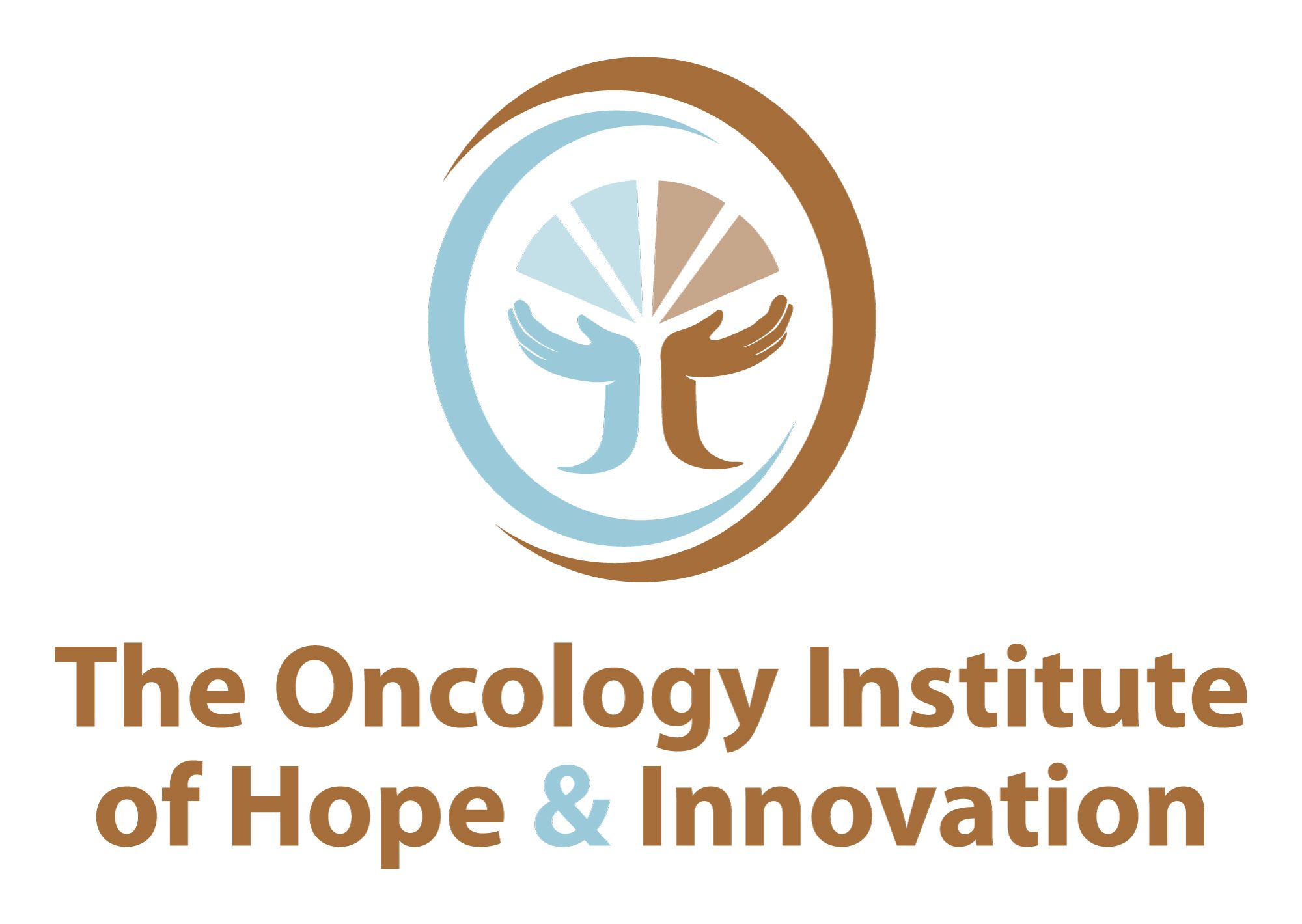
Beyond the Pink Ribbon: A Closer Look at Breast Cancer Progress

For Breast Cancer Awareness Month, Oranus Mohammadi, MD, discussed the remarkable progress made in improving survival rates for patients with breast cancer.
Breast cancer remains a significant health challenge worldwide. Despite advancements in treatment, many women continue to face its devastating impact.
In an interview with Targeted OncologyTM, Oranus Mohammadi, MD, medical oncologist at The Oncology Institute of Hope & Innovation, discussed the remarkable progress made in improving survival rates for patients with breast cancer. She delved into the key factors contributing to these advancements, including early detection, innovative treatment options, and personalized care. Additionally, Mohammadi addressed the remaining unmet needs in the field and highlights the importance of ongoing research and collaboration.
Targeted Oncology: How has the survival rate for breast cancer changed over the years? What factors have contributed to this change?
Mohammadi: The survival rate for breast cancer has significantly improved over the years. Currently, in localized breast cancer (stages I to III), the average 5-year survival rate is around 90%, reflecting a drastic improvement in recent years. We have also seen survival improvements in the metastatic setting.
The reasons for this change in survival rates include early detection with mammogram and increased awareness among patients. This allows us to detect cancers when they are smaller or at earlier stages.
Additionally, advancements in treatment options have contributed to improved survival rates. We have multiple lines of treatment available, and ongoing research is being conducted.
Could you highlight some of the biggest advancements that have contributed to these improvements?
One of the most significant recent advancements in breast cancer treatment is the use of immunotherapy. While immunotherapy has been utilized in other cancers, its role in breast cancer was previously limited. Now, we have promising data regarding its role in triple-negative breast cancer, and we are investigating its potential in other types of breast cancer as well.
The use of antibody-drug conjugates in breast cancer is also expanding, with strong data supporting their effectiveness. Two important newer antibody-drug conjugates in this area are sacituzumab govitecan [Trodelvy] and trastuzumab deruxtecan [T-DXd; Enhertu] that we are seeing improved survival rates in patients with metastatic disease. We are also exploring their roles in localized or early-stage breast cancer.
What factors do you consider most important when treating a patient with breast cancer?
First and foremost, upon a cancer diagnosis, we must consider the type of cancer and the markers that are positive in that patient. There are three main types of breast cancer: hormone receptor-positive, HER2-positive, and triple-negative. This classification helps us tailor treatment more effectively.
Next, we need to assess the stage of the cancer, which guides our treatment approach. However, beyond the type and stage of cancer, we must also consider the patients themselves. We need to evaluate their general health, age, support systems, and any comorbidities, as well as, most importantly, the patient's preferences. Patients may have specific needs that we need to address. Additionally, advancements in genetic testing provide important information to tailor our treatments, and a patient's response to previous lines of treatment is crucial in our decision-making.
What are some of the unmet needs in the breast cancer treatment space?
In any disease, especially cancer, there are unmet needs that physicians and researchers are actively working to address. One significant unmet need is the safety of pregnancy and fertility for younger patients undergoing chemotherapy or other treatments for breast cancer. There are promising data about safely of pregnancy after completing their cancer care.
Another major unmet need is the racial disparity in breast cancer outcomes. While we are making progress in this area, many patients still lack adequate resources for screening and treatment. As a result, sometimes we find cancers at later stages when they are more aggressive. Additionally, in certain parts of the world, there are insufficient resources for treatment.
What are some areas of emerging research or novel treatments that you’re interested in?
There are many trials currently investigating circulating tumor DNA's [ctDNA] role in breast cancer. There are strong data supporting the role of ctDNA in other cancers, such as colon cancer. In breast cancer, we have some preliminary data, but we still lack standard guidelines on how to use it and at which stages it should be applied. I am eager to see how we can effectively incorporate this into practice.
Another area of interest is precision medicine. We have identified mutations that respond well to targeted therapies, allowing us to offer patients these options instead of traditional chemotherapy, which can lead to better responses and fewer side effects. I hope we can discover more mutations and develop additional targeted therapies.
A nascent area of research is the use of [chimeric antigen receptor (CAR)] T-cell therapy in breast cancer. While we have promising data on CAR T therapy in malignant hematology, the data for breast cancer is primarily in early-phase trials, and we still lack robust evidence. However, we do see patients who are unresponsive to conventional therapies and have gone through multiple lines of treatment. I hope that CAR T therapy can eventually become a viable last-resort option for these patients.
What are your hopes for the future of breast cancer research and treatment?
One of the key aspects of breast cancer treatment is that it is a multidisciplinary field. We collaborate closely with our surgical and radiation oncology colleagues, and I hope we can establish multidisciplinary teams that work together in the same setting to expedite the treatment and diagnosis process more effectively.
I am hopeful for advancements in early detection and the development of screening methods for younger patients, ensuring they have access to resources for early detection and screening.
Additionally, there are promising treatment options that we currently cannot use as early as we would like, often requiring multiple lines of treatment before they are considered. I hope we can gather enough data to start these effective treatments sooner for our patients.








































